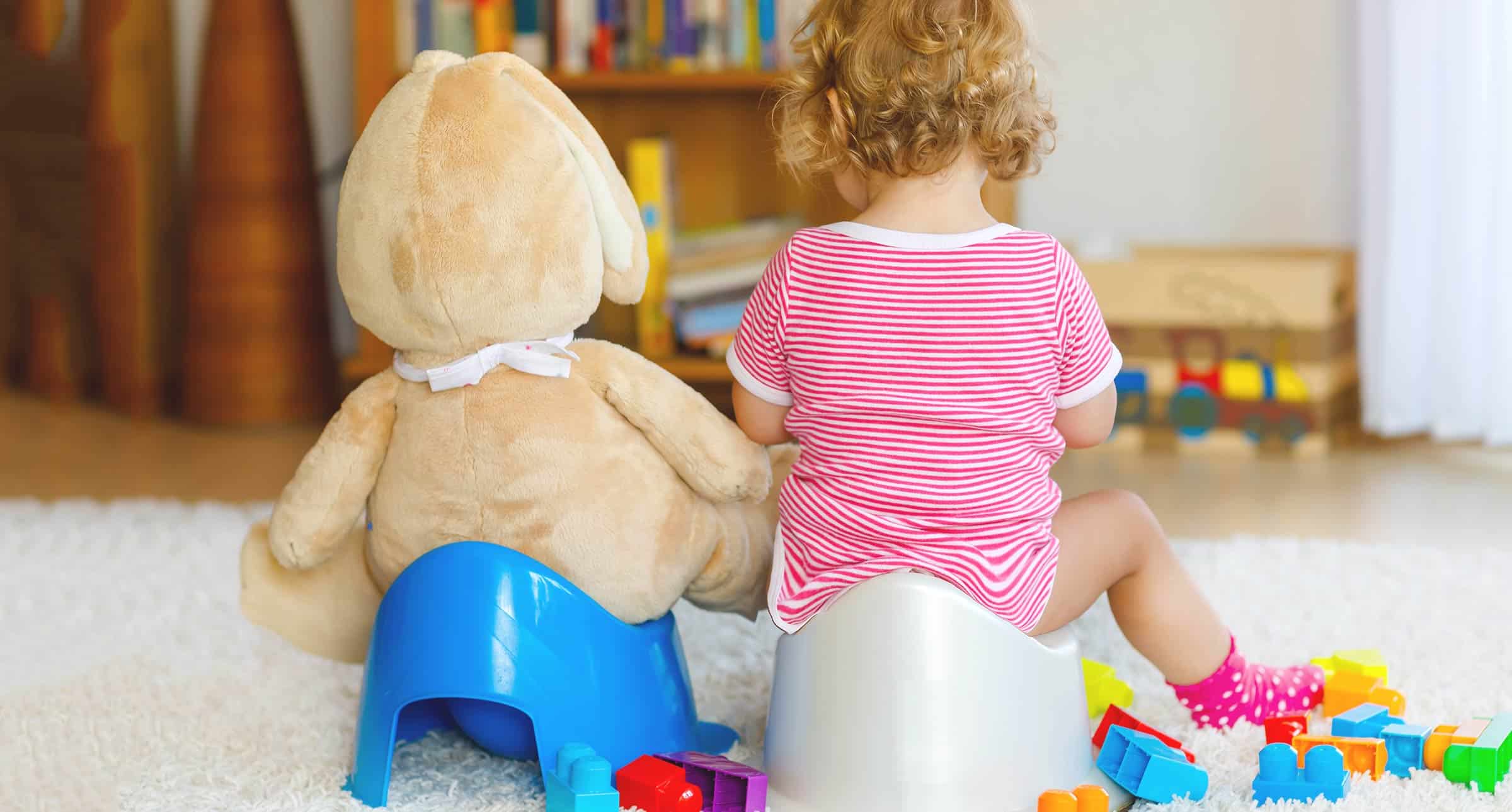My newborn’s baby poo now went from yellow to green poop.
Is green poo in babies normal?
What do I do? Is that a problem?
Should I change my diet?
Baby poo can be an area of constant stress for new parents. There is a massive variation in the color, frequency, and consistency of stools, both in breast-fed and formula-fed babies.

There are a few rules to keep in mind.
1. Baby poo should always be soft or liquidy. Your baby should not be stooling rocks or tiny pebbles.
2. There should never be any blood in the stool.
3. Some babies poo several times a day or every few days. Each baby has its pattern.
4. Baby poo color can run the whole spectrum from yellow to green to brown (after the black meconium of the first day or so). If your baby’s stool is red, black (after the first days of life), or white, let your healthcare provider know.
5. Breast/chest feeding individuals are not usually advised to alter their diet based on baby poo color. It is tough to pinpoint the causative food, and significant changes can change the nutritional aspects of breast milk.
#YouGotThis






































